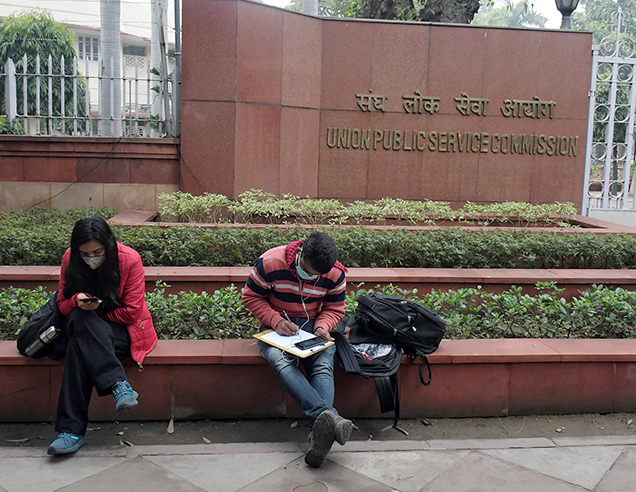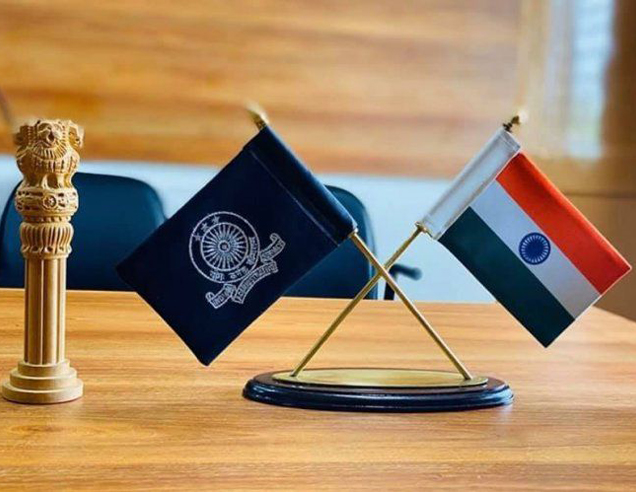
IAS officer is considered to be the highest post in the Civil Services, for which only combative candidates are selected, for any outstanding post, only the IAS post is given preference.
Whether it is a matter of security in the district or a matter of defence at the country level, the IAS officer is considered to be the highest-ranking officer in the Indian administration, regardless of whether it is the Secretary of the Central Government or the District Magistrate of the district. IAS officers are appointed only.
The UPSC (Union Public Service Commission) is a government body that conducts competitive examinations for civil services in India.
It was established by an Act of Parliament on 14 August 1948 and its main function is to recruit officers into various administrative/non-judicial jobs such as IAS, IPS and other central services like Indian Revenue Service (IRS).
The examination held by UPSC is called as Union Public Service Commission (UPSC) or Central Civil Services Examination (CCSE). It consists of two papers: Paper I and Paper II which are separately set each year with a varying pattern from year to year.
Candidates need minimum qualifying marks for both papers i.e., 60% marks in aggregate at 10 2 level for General category candidates; 58% marks at 10 2 level or above for SC/ST candidates; 45% marks at 10 2 level or above for OBC candidates.
Students are advised to prepare themselves well before appearing for the exam. They should read the daily news, keep track of all important events, solve previous year's question papers and appear for mock tests as early as possible.
.
You should also make notes on all topics that you are going to be doing for the exam. This will help you in preparing for the exams, as well as also in studying at home.
The important points must be marked down in your notebook or notebook and these should not be missed out by any means.
They can be noted down in whatever way is most convenient for you, whether it’s pen or pencil or even just by writing them on paper and then placing those pages into a folder which is kept safely with yourself wherever you go (like college).
You needn't worry about making too much of an effort - here's how: If there are two different topics on one page don't write both topics on each page; instead just write one topic per page so that when we come across multiple questions related to a single topic during practice sessions we won't have trouble remembering what they were talking about previously!
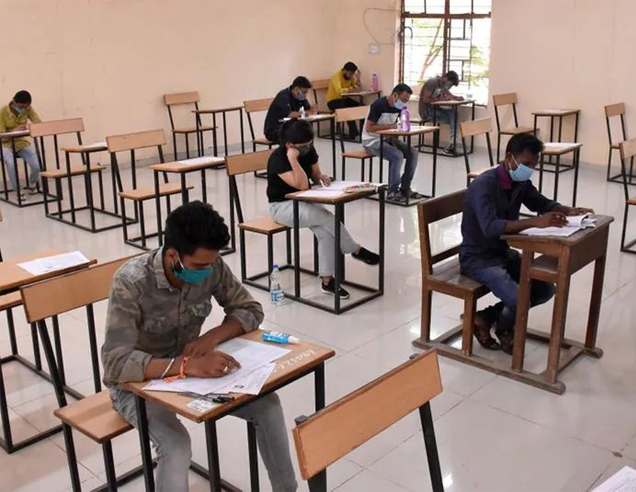
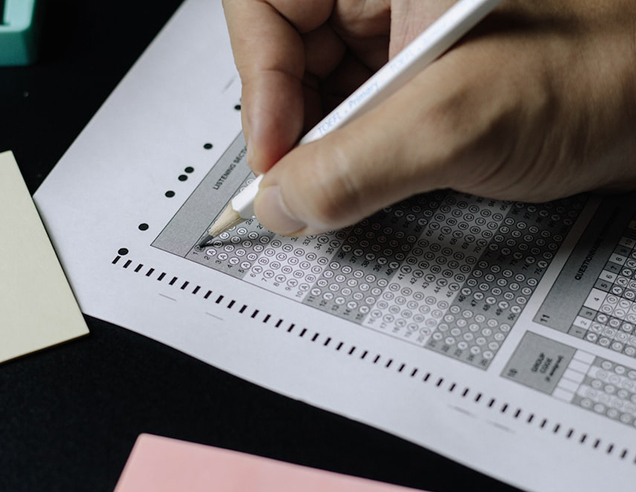
Solving previous year's question papers:
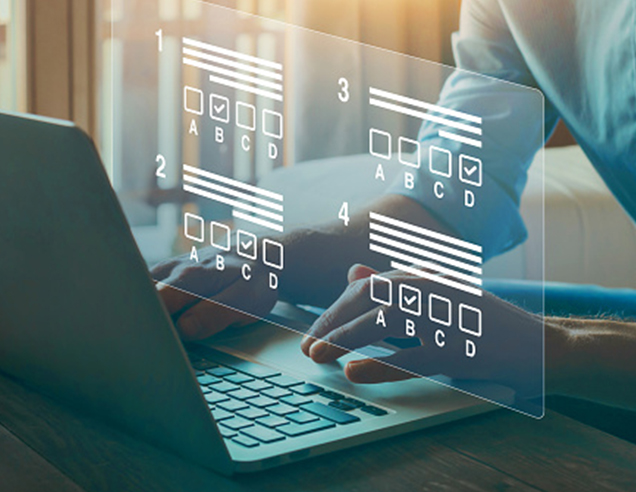
The mock tests are important to get familiar with the pattern of the examination. You should solve previous year's question papers and prepare notes based on them. You should also read daily news for current affairs, which will help you in scoring high marks in your next IAS exam.
How is IAS officer training done?
After getting success in all the stages of the examination conducted by UPSC, the merit list is drawn out by the commission, on the basis of which the candidates will be selected for which post, it is decided, the IAS rank is given to the top candidates in the merit list. All other posts are distributed on the basis of their place on the list.
After which, the selected candidates for training are sent to Labsna (LBSNAA) from where they are given 2 years of training on the campus itself and after that MA degree in Public Administration is awarded.
Salary and Perks of IAS:
An IAS is given a salary of about Rs 56100 to 250000 per month.
Accommodation
An IS is provided with a duplex bungalow in the restricted area of the district or state where the posting takes place, with the posting, he is given this benefit even if he is posted in the district/commissioner or headquarters.
Transportation
An IAS officer is provided with a minimum of 1 and a maximum of 3 government drivers for commuting. The fuel and maintenance of the vehicle is borne by the government.
.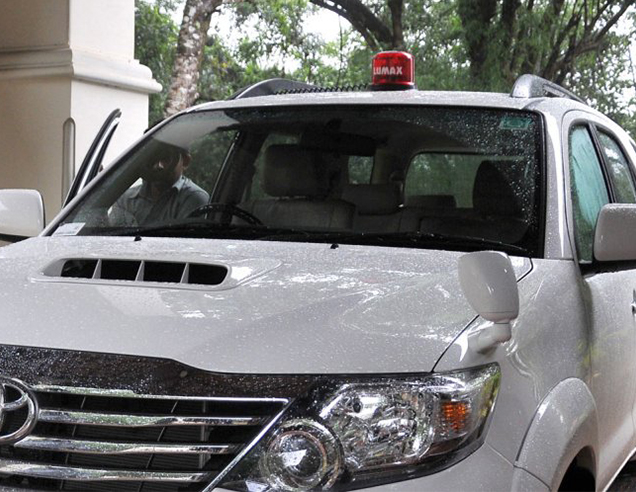
Duties and Responsibilities of IAS:
Post of IAS
Power and authority of IAS:
An IAS officer is the head of a district or department. He is responsible for every work done in the department. He gives directions to his subordinate employees, if any kind of negligence is found in the work, then he takes concrete action against the employees. He can suspend the employees and if any employee acts against the law, can file an FIR against him and recommend his dismissal from the government, the power of suspension of IAS rests only with the President. Is. This work cannot be done by any other government.
in short, do not get disheartened by the long list of to-dos and don’t forget that preparation is a journey. There are many things you can do to make this journey easier, and one of them is making the right choices. If you stick with it, there will be more good days than bad ones!
